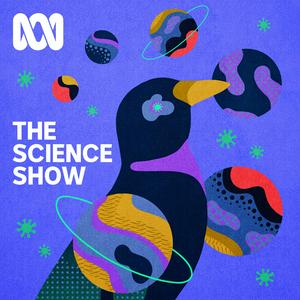Backyard sprinklers have transformed the Aussie urban landscape. But their path to domination of our suburbs was haphazard — and hinged on the inventions of several knockabout tinkerers. Meanwhile with a rapidly drying climate, we may need to re-consider our reliance on this invention.
You can binge more episodes of the Lab Notes podcast with science editor and presenter Jonathan Webb on the ABC Listen app (Australia). You'll find episodes on animal behaviour, human health, space exploration and so much more.
Get in touch with us:
[email protected]Featuring:
James Purtill, technology reporter
Extra information:
How the garden sprinkler conquered Australia
This episode of Lab Notes was produced on the lands of the Gadigal and Menang Noongar people.


